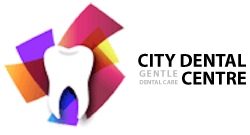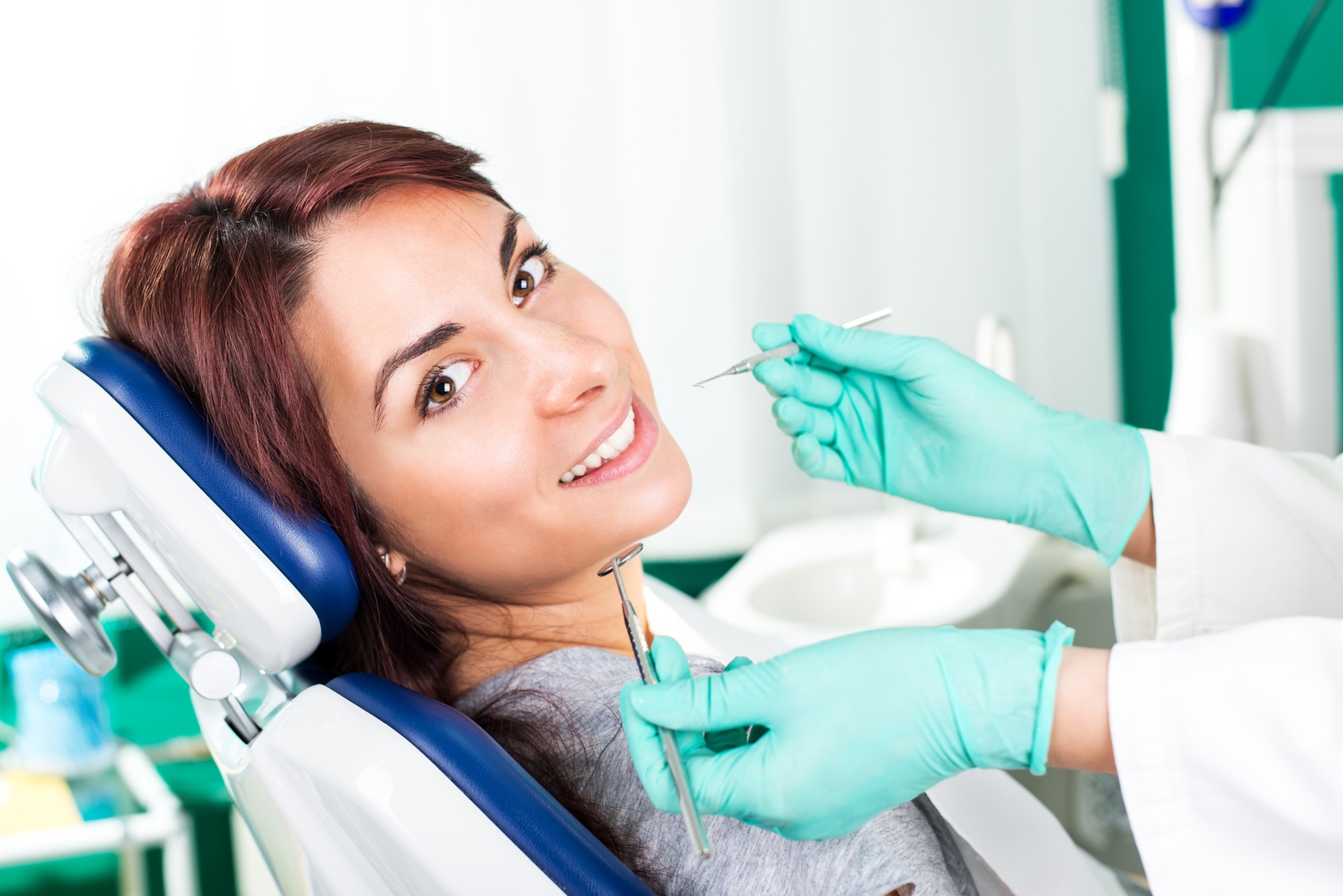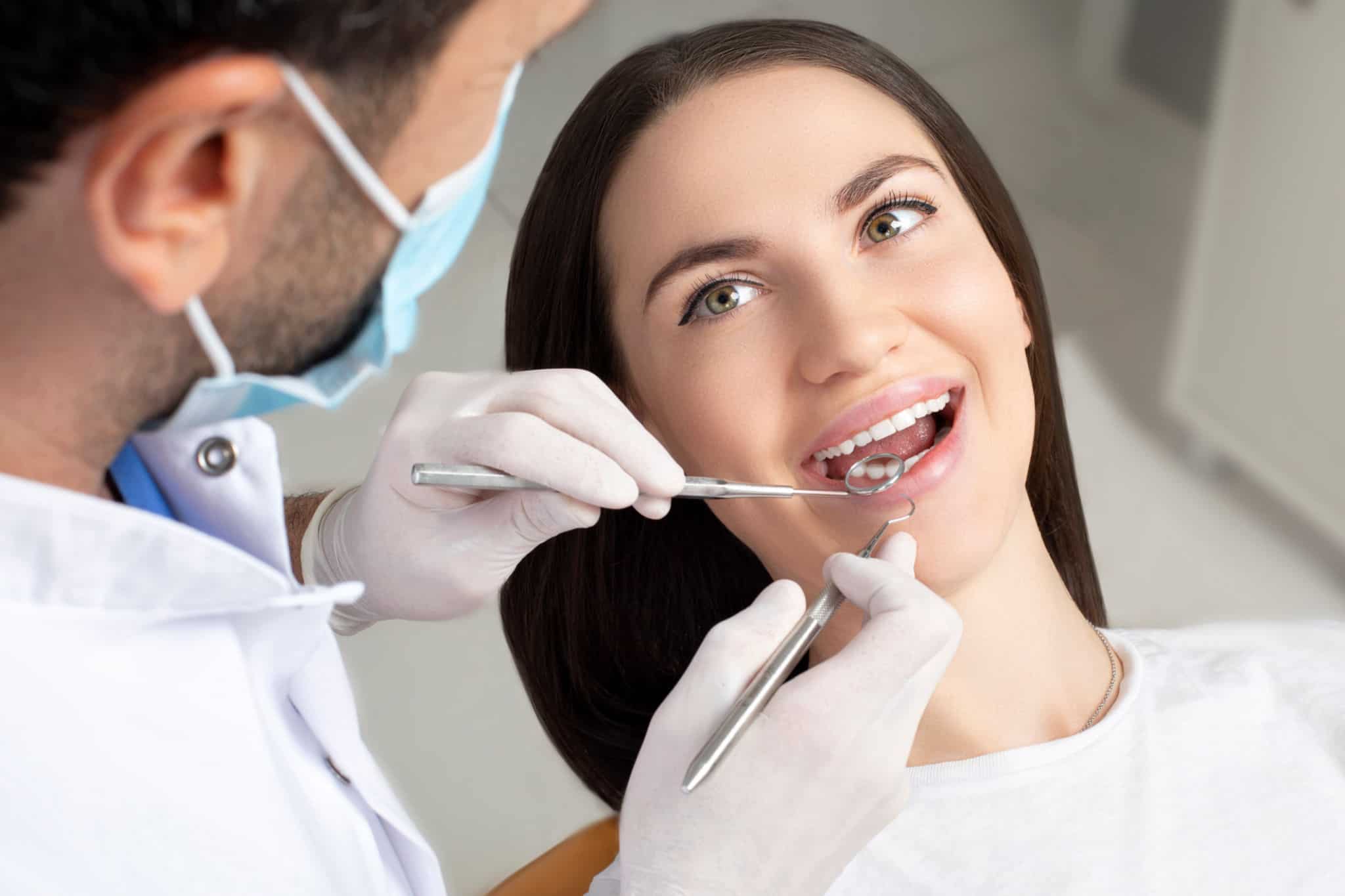A dental emergency refers to an unforeseen oral issue that demands immediate attention to alleviate pain, prevent further damage, and maintain oral health. These emergencies can range from sudden and severe toothaches to more acute incidents like knocked-out teeth, broken dental appliances, or injuries to the oral tissues.
The Importance of Knowing How to Respond
When faced with a dental emergency, knowing how to respond swiftly and effectively becomes paramount. Timely and informed action often plays a significant role in preventing further complications, reducing pain, and potentially saving a tooth. Being equipped with the knowledge and understanding of appropriate initial steps can make a crucial difference in the outcome of these unexpected situations.
Types of Dental Emergencies
Recognizing Common Emergencies
Dental emergencies encompass a wide spectrum of urgent oral issues that require immediate attention. Understanding the various types is crucial for prompt and appropriate action.
Toothaches
Causes and Severity: Toothaches can arise due to various factors such as decay, infection, or injury. The severity can range from mild discomfort to intense pain.
Immediate Actions: For temporary relief, rinsing the mouth with warm saltwater or using over-the-counter pain medication can be helpful until professional assessment.
Knocked-Out Teeth
Severity and Quick Response: This emergency requires immediate attention. Preserving the tooth in milk or a saline solution while seeking emergency dental care can significantly increase the chances of re-implantation.
Broken Braces or Appliances
Immediate Care: Broken braces or dental appliances can cause discomfort and require swift action. Covering any protruding or sharp edges with orthodontic wax and contacting an orthodontist for repair is crucial.
Handling Toothaches
Understanding the Causes
Causes of Toothaches: Toothaches can stem from various sources, including dental decay, infections, gum disease, teeth grinding, or even an emerging wisdom tooth. Identifying the root cause is essential for effective treatment.
Home Remedies and Temporary Relief
Temporary Relief Measures: While awaiting professional dental care, several home remedies can provide temporary relief. Rinsing the mouth with warm saltwater helps reduce inflammation and discomfort. Over-the-counter pain relievers can also alleviate pain, but it’s important not to apply aspirin directly to the gums as it may cause irritation.
Addressing the Pain: Applying a cold compress to the outside of the cheek near the affected tooth can help numb the area and reduce swelling.
Dealing with Knocked-Out Teeth
Immediate Steps to Take
Quick Action is Vital: If a tooth gets knocked out, swift action is crucial. Handle the tooth by the crown (the visible part), avoiding touching the root. Rinse it gently with milk or a saline solution if it’s dirty but avoid scrubbing or removing any attached tissues.
Preserving the Tooth: The best chance for successful re-implantation lies in preserving the tooth’s viability. Keeping it moist by placing it in milk, a saline solution, or even saliva can help maintain its condition. Seeking emergency dental care within 30 minutes increases the likelihood of successful reattachment.
Importance of Quick Action
Critical Timeframe: Time is of the essence when dealing with a knocked-out tooth. Quick action significantly improves the chances of successful re-implantation and the tooth’s survival.
Preserving the Socket: If possible, gently place the tooth back into its socket without forcing it. Otherwise, transport it carefully in milk or a saline solution to the dentist.
Managing Broken or Chipped Teeth
Immediate Care for Damaged Teeth
Careful Handling: If a tooth is broken or chipped, handle it delicately. Rinse the mouth gently with warm water to clean the area around the broken tooth.
Save the Pieces: If possible, collect any broken pieces of the tooth. Rinse them with warm water and store them in a container with milk or a saline solution. This may help the dentist in potential restoration.
Preventative Measures Before Reaching the Dentist
Avoid Pressure: Avoid chewing on the side with the broken tooth to prevent further damage. Cover any sharp edges of the broken tooth with dental wax or sugar-free chewing gum to prevent injury to the tongue or cheeks.
Temporary Solutions: Over-the-counter dental cement can be used to cover the exposed area temporarily until you reach the dentist. This helps protect the tooth and surrounding tissues.
Tips for Lost Dental Fillings or Crowns
Immediate Actions to Take
Clean the Area: If a dental filling or crown becomes dislodged, clean the affected tooth and the inside of the crown with warm water. Avoid using force or adhesives to reattach it.
Temporary Solutions Until Professional Help
Dental Wax or Adhesive: Dental wax or temporary dental adhesive available at pharmacies can be used to cover the exposed area temporarily. This helps protect the tooth until you can see a dentist.
Avoid Chewing: Refrain from chewing on the side with the lost filling or crown to prevent further damage or irritation to the exposed area.
How to Address Dental Abscesses: Understanding Risks and Urgency
Understanding Abscesses and Their Risks
Dental Emergencies: Identifying Abscesses: Dental abscesses are serious infections that can occur around the tooth root or in the gums. They are often accompanied by severe pain, swelling, and pus formation. These abscesses can result from untreated cavities, gum disease, or trauma to the tooth.
Risks Involved: If left untreated, dental abscesses can lead to severe complications, including the spread of infection to the jawbone or surrounding tissues. This can result in systemic infections, requiring immediate medical attention.
Urgency in Seeking Dental Attention
Dental Emergencies: Prompt Treatment: Dental abscesses constitute a dental emergency due to the risks associated with the infection spreading. Seeking immediate dental care is crucial to prevent the infection from worsening and causing further complications.
Seeking Professional Help: If you suspect a dental abscess, do not delay seeking dental attention. Dentists can provide the necessary treatment, including draining the abscess and prescribing antibiotics to control the infection.
Dental Emergencies: Addressing Abscesses
Dental Emergencies Require Immediate Action: Dental abscesses fall under the category of dental emergencies due to their potential severity. Recognizing the urgency in seeking dental attention for abscesses is vital to prevent further health complications.
Handling Soft Tissue Injuries in the Mouth: First Aid and Healing
Providing First Aid for Cuts, Tears, or Injuries
Immediate Actions: Soft tissue injuries in the mouth, such as cuts to the lips, cheeks, or tongue, can cause discomfort and bleeding. Rinse the mouth gently with a mild saltwater solution to clean the area and control bleeding.
Applying Pressure: If bleeding persists, applying gentle pressure with a clean, damp cloth or gauze can help stop the bleeding. If the injury is severe or does not stop bleeding, seek immediate medical attention.
Preventing Infections and Promoting Healing
Protecting the Area: To prevent further irritation, avoid hot, spicy, or acidic foods that may aggravate the injury. Additionally, avoid touching the injured area to prevent infection.
Promoting Healing: A saltwater rinse multiple times a day can help keep the injury clean and aid in the healing process. Using a soft-bristled toothbrush to clean the teeth gently can also assist in maintaining oral hygiene without aggravating the injury.
When to Seek Emergency Dental Care: Recognizing Urgent Signs
Clear Signs Requiring Immediate Attention
Dental Emergency Indicators: Certain signs and symptoms demand immediate dental attention. Severe and persistent toothaches, particularly those accompanied by swelling, fever, or an abscess, indicate a need for urgent care.
Trauma or Injury: Any trauma or injury to the mouth resulting in a knocked-out tooth, severe cuts to the lips, tongue, or cheeks, or a fractured jawbone necessitates immediate attention from a dentist or emergency care provider.
Importance of Not Delaying Treatment
Timely Intervention: Delaying treatment in dental emergencies can exacerbate the issue, leading to increased pain, infections, and potential complications. Seeking prompt care is crucial to prevent the escalation of dental problems.
Preventing Further Complications: Addressing dental emergencies swiftly not only relieves discomfort but also minimizes the risk of extensive damage to teeth, gums, or surrounding tissues. Early intervention often results in more effective and less invasive treatment.
Dos and Don’ts of Dental Emergencies: Clear Guidelines
Guidelines for Effective Responses
Do:
- Seek Professional Help: In any dental emergency, contacting a dentist or seeking emergency dental care promptly is crucial for proper assessment and treatment.
- Preserve the Tooth: When a tooth is knocked out, handle it by the crown, not the root. Try to re-implant it gently into its socket if possible, or keep it moist in milk or a saline solution while seeking dental care.
- Address Soft Tissue Injuries: For cuts or tears in the mouth, clean the area gently with a saltwater rinse and apply pressure to control bleeding.
Don’t:
- Delay Seeking Help: Avoid delaying professional treatment in dental emergencies, as this can lead to increased pain, complications, and the need for more extensive procedures.
- Forcefully Reattach Dental Appliances: Refrain from attempting to reattach loose dental fillings, crowns, or other dental appliances using adhesives or force, as this can cause further damage.
- Ignore Severe Pain or Swelling: Ignoring severe pain, swelling, or infections can exacerbate dental issues. Prompt attention is necessary to prevent complications.
Preparing for Dental Emergencies: Readiness and Preparedness
Creating an Emergency Dental Kit
Essential Items: Assembling an emergency dental kit can be invaluable. Include items such as gauze, a small container with a lid for preserving a knocked-out tooth, a dental adhesive, over-the-counter pain relievers, and a handkerchief or clean cloth.
Protective Measures: Keep the kit in an easily accessible place, ensuring that family members or individuals aware of its location can access it in case of a dental emergency.
Having Emergency Contacts Readily Available
Importance of Contacts: Maintain a list of emergency contacts, including your regular dentist’s number, a local emergency dental clinic, and general emergency services. Store these numbers in your phone and keep a hard copy in your emergency kit.
Quick Accessibility: Ensure that these contacts are easily accessible to family members or caregivers, especially in urgent situations when immediate action is required.
Conclusion: Staying Informed and Prepared
Recap of Key Points
In this guide, we’ve explored the critical aspects of handling dental emergencies:
- Identification of common dental emergencies such as toothaches, knocked-out teeth, and soft tissue injuries.
- Immediate actions to take, including seeking professional help promptly and preserving teeth or injuries.
- The urgency in addressing dental abscesses and the significance of recognizing signs that require immediate attention.
- Clear guidelines on what to do and avoid during dental emergencies, emphasizing prompt intervention and professional care.
- Preparing for emergencies by creating an emergency dental kit and keeping essential contacts readily available.
Encouragement to Stay Informed and Prepared
Staying informed about dental emergencies and being prepared to respond effectively is paramount. By understanding the signs, taking immediate action, and having necessary resources at hand, individuals can mitigate risks, alleviate discomfort, and prevent complications.
Regularly updating your emergency dental kit and staying informed about dental emergency procedures empowers you to manage unexpected situations confidently.
Remember, being proactive and prepared is key to handling dental emergencies swiftly and effectively.
General Dental Clinic in Surrey: City Dental Clinic
City Dental Clinic in Surrey stands as a pillar of reliable dental care within the community. Known for its commitment to patient-centered services, this clinic offers a comprehensive range of treatments, from routine check-ups to emergency dental care. With a dedicated team of experienced professionals and modern technology at hand, City Dental Clinic ensures a comfortable and personalized experience for every patient. In times of dental emergencies, their prompt and efficient care remains a trusted resource, providing timely attention and effective treatment to address urgent oral health needs.






